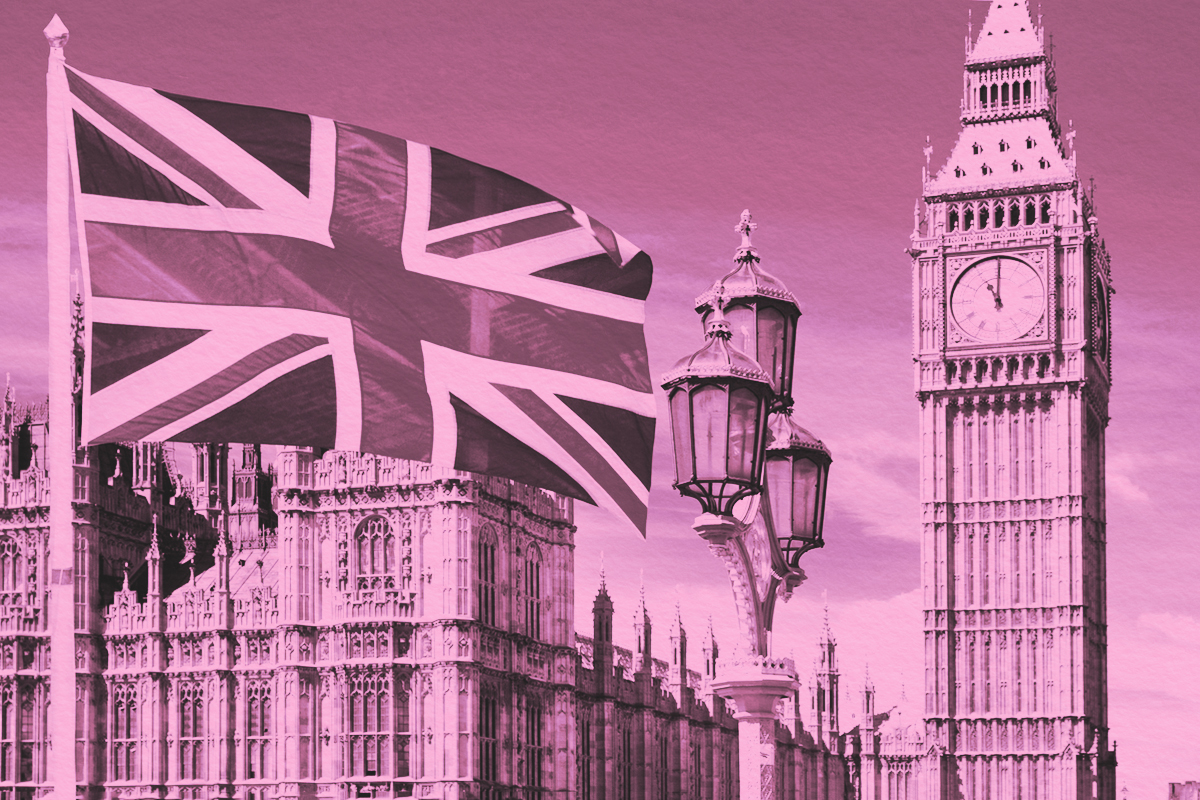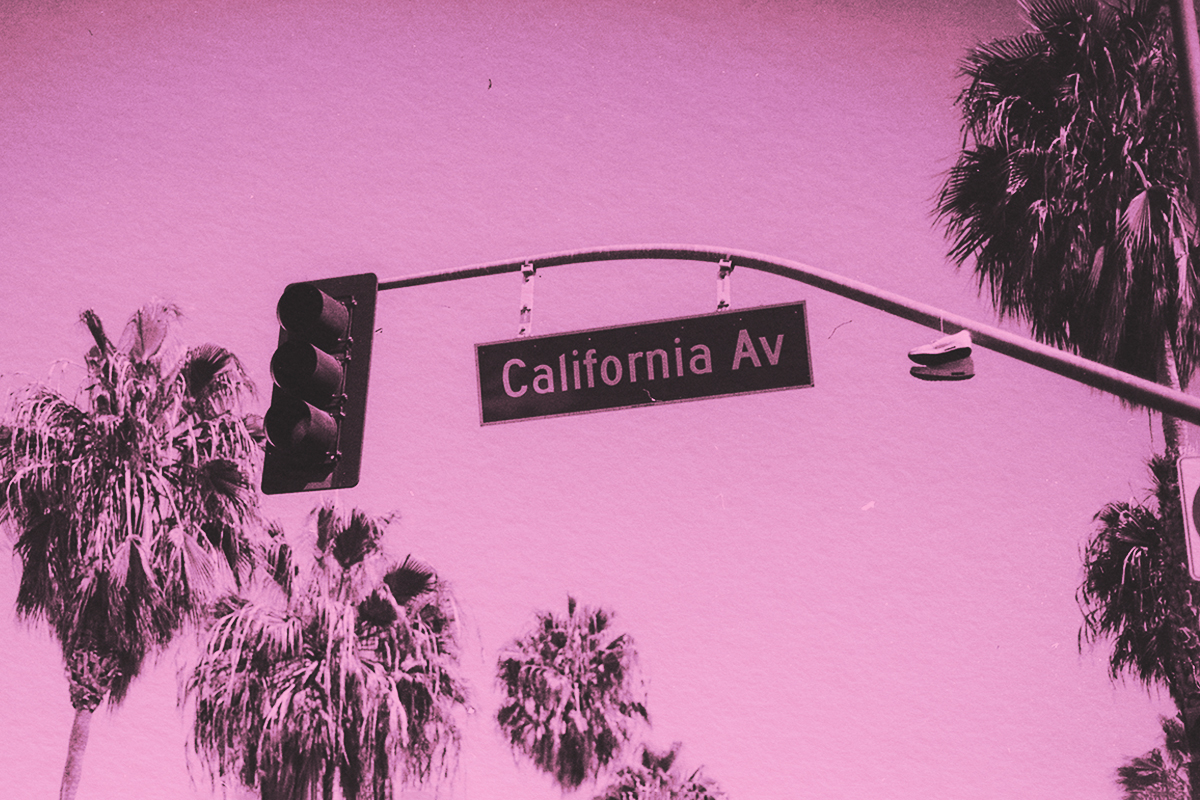
When you’re talking to a person speaking British English, you may be able to catch every word they’re saying but still be at a loss for what they mean. Or perhaps you’ve watched a movie with British characters and turned on the captions to make sure you understood the dialogue, but found there were words inserted into sentences that seemed to make no sense at all — say, what should have been the word “wig” was actually the word “syrup.” These confusing situations could be due to a unique form of British English called “rhyming slang.”
It’s not exactly a fully distinct dialect, but it’s a pattern of speaking that cropped up in the 19th century in the East End of London, and is often called “Cockney rhyming slang.” The basic idea is to pick a phrase that rhymes with a word, but then drop the rhyming word and use the rest of the phrase as a stand-in for the meaning of the original word. It was developed as a code among workers and criminals to keep outsiders and law enforcement from understanding what they were saying. For example, the word “frog” is a stand-in for the word “road” in Cockney rhyming slang. The substitution starts with the phrase “frog and toad,” but “and toad” — the part of the phrase that rhymes with “road” — is dropped. When someone says they’re “driving up the frog,” they mean they’re coming up the road. When someone says “syrup,” that comes from “syrup of figs,” rhyming with the intended meaning, “wig.”
Sometimes the shortened phrase isn’t necessary and the full rhyme stays: In rhyming slang, “Apples and pears” stands for “stairs” and “bees and honey” means “money.” And while many of these rhymes may seem nonsensical, some of them were created with a bit more meaning than others. “Early hours” means “flowers,” and it refers to the early morning hours that flower buyers would have to keep. “Rats and mice” means “dice” because throwing dice looks like rodents scurrying out of sight.
Cockney rhyming slang is still heard on the streets in the East End of London, but it became well known worldwide because of the popularity of the BBC soap opera EastEnders, which began airing in 1985. Today, rhyming slang is slowly declining, especially among the younger generation, and being replaced with a dialect called Multicultural London English, which has Caribbean and South Asian influences.
Because of the confusion that rhyming slang can cause when people don’t know the meanings, there has been an active effort to create a rhyming slang dictionary, which is also important for preserving the history of the community. Until then, know that when you’re chatting with a London friend and they call you “treacle,” it’s a compliment: They’re calling you “sweetheart,” derived from “treacle tart.”

















